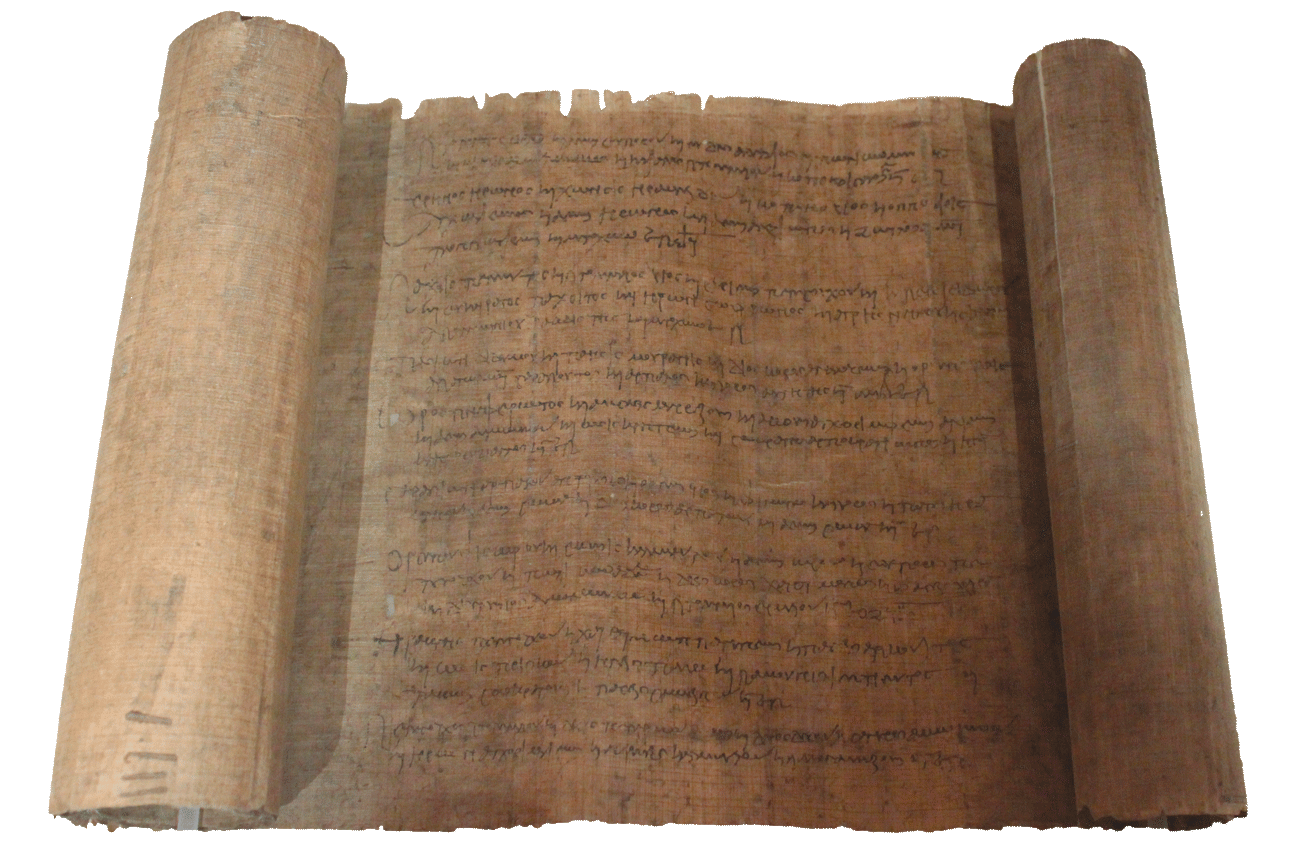2 Timothy
A Final Word to a Faithful Friend
Central Teaching
In his final letter, Paul challenges his son in the faith, Timothy, to fight the good fight and finish the course.
Memory Verse

The Mamertine Prison in Rome, where Paul may have been imprisoned when he wrote 2 Timothy
Setting
All three Pastoral Letters claim Paul as their author, but his authorship has been questioned by many contemporary scholars because the literary style and doctrinal emphases of the letters vary from Paul’s other letters. What’s more, there is no place in the book of Acts where the Pastorals seem to fit. Nevertheless, solid arguments remain in favor of Pauline authorship of the Pastorals. The letters were likely written after the story told in Acts concludes, and the different subject matter, purposes, and circumstances account for many of the differences. It’s also possible that Luke served as Paul’s trusted secretary and was given added freedom to compose the letters (2 Tim. 4:11). Paul probably wrote 2 Timothy around AD 67–68 after being imprisoned in Rome a second time and shortly before he was martyred. (See also the “Setting” of 1 Timothy and Titus.)

A papyrus scroll. In 2 Timothy 4:13, Paul instructs Timothy to bring his “scrolls, especially the parchments.”
Message
Whereas Paul’s first Roman imprisonment was a house arrest, his second imprisonment seems more severe. Housed in a cold, damp, hard-to-find place, he has been deserted by some and opposed by others. There is a sense that death is at hand, making 2 Timothy a kind of last will and testament. Paul reminds Timothy of the sincere faith passed on to him by his grandmother and mother. He exhorts Timothy to stay faithful, to work hard in ministry, and to be willing to suffer for the sake of the gospel. He tells Timothy to hold to the sound teachings of the faith, to handle Scripture correctly, and to stay true to the Christ-centered gospel. In addition, Paul warns Timothy of false teachers and charlatans and calls him to pursue godliness as Timothy imitates Paul’s teachings and way of life. Paul’s last words to Timothy (4:1–18) are packed with emotion as Paul reminds him of his God-given calling, assures him that God is faithful even at the end of a person’s life, and pleads with Timothy to come visit him before it’s too late. Paul reveals his deep love for his faithful friend and closes his last letter with the expression that characterizes his life perhaps more than any other: “Grace be with you” (4:22).
Outline
Interesting Features
- Second Timothy is most likely Paul’s final letter, written a short time before he was martyred (see 2 Tim. 4:16–18).
- Second Timothy 3:16–17 offers an extremely important affirmation of the inspiration of Scripture.
- The letter is filled with metaphors for living the Christian life to the very end (e.g., an athletic contest or a battle).

The starting line used for the Pythian games at Delphi, Greece
Connections
Paul’s final letter calls us to enduring faithfulness in spite of the difficult circumstances of life and ministry. While there will always be false teachers, troublemakers, loved ones near death, and doubts about our own abilities, God remains faithful. In the face of these troubles, Paul points Timothy beyond himself to God’s all-sufficient grace to carry on. We, like Timothy, need to fulfill our calling faithfully. We also need to love those under our care, stay true to God’s Word, endure opposition, and finish the race marked out for us so that we can say with Paul, “I have fought the good fight, I have finished the race, I have kept the faith” (2 Tim. 4:7).